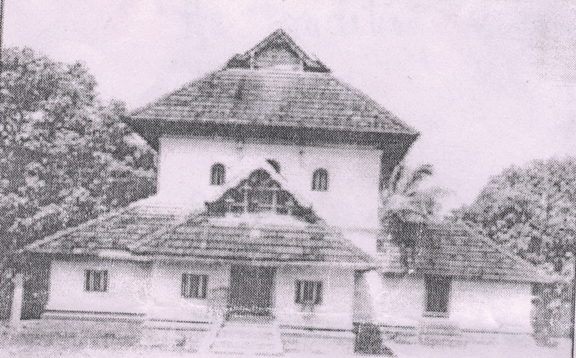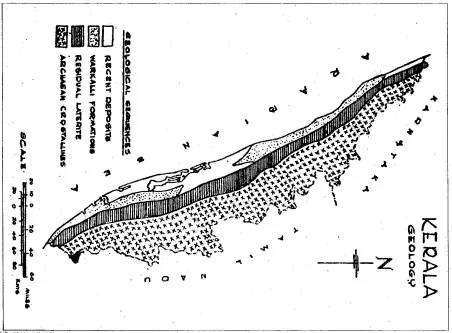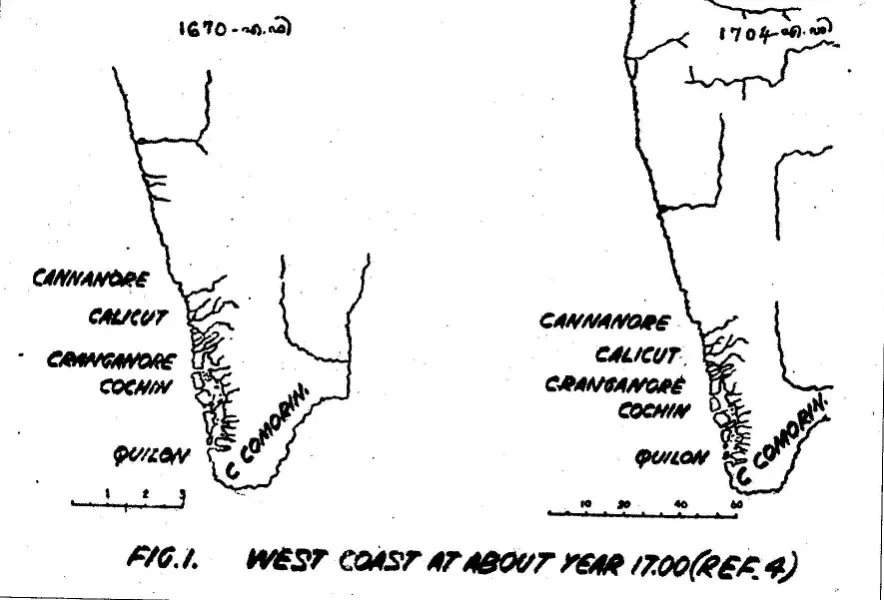Brahmanyan
Active member
Here is an interesting message forwarded to me from a member of a reputed Group, worth reading:
NO INDIAN PRIME MINISTER HAS ADDRESSED THIS QUESTION BEFORE
Narendra Modi answered to a question from a "secularist of Nehru/Gandhi type" which was intended to “trap" him.....Is there a place for Muslims in India?
Question was - When you see the future of India do you see India that is purely Hindu or do you see a place for 'Muslims' also in it?
Answer by Prime Minster Narendra Modi
This question is a problem faced by those people who do not have a proper understanding of what Hindu or Hindutva means and never try to grasp it either. Hinduism always believes in (quoting Sanskrit hymn) 'ekam sat vipra bahudha vadanti' which means the "Truth is one but there are many paths to understand and get it". Hinduism is the only religion that says that 'God is one' and never says that the Muslim God is different, Christian god is different or Sikh god is different. A Hindu does not believe in the absolutism of his own God. He says each God is suitable and made for His believer. Hence what a Muslim believes in is his own faith and if he wants to pursue his God that way then he should be welcomed that way
Israel has an official book in which they say that they had been persecuted in every part of the world (especially in Germany). It further says that if there is a land where Jews were welcomed and never persecuted in its history, than it has been India where Jews have been living for centuries peacefully. (Note: This is true. When Israel's very first parliament was formed after its birth, the very first resolution they adopted was to thank India).
Similarly when the Parsis (Zorastrian fire worshippers) arrived in India in 7th century (They were driven out of Persia by the invading Muslim armies), they arrived in Gujarat where they were welcomed by the local Hindu King. They pleaded to the King that they had brought their God (sacred fire) also with them and wish to build a temple. In addition they requested that no non-Parsis should be within 5 km of their fire God. The Hindu King allowed this as well even though the request was against the Hindu practice of not excluding any of his own people from any house of worship. He not only settled them but built for them a fire temple and honored their request by barring locals from going near "The Fire Temple". So Hindus give protection to all other faiths.
Other faiths follow a 'holier than thou' philosophy which says that their God is the only truth and other beliefs and faiths are beneath them. That philosophy has lead to human conflicts and in extremity lead to terrorism and violence. It’s only a Hindu who incorporates all faiths within his belief.
So your question only shows lack of understanding of the culture, kind of traditions and heritage all HINDUS come from."
OUR WORLD CAN CERTAINLY DO WITH MORE LEADERS LIKE THIS!!!
Brahmanyan,
Bangalore.
NO INDIAN PRIME MINISTER HAS ADDRESSED THIS QUESTION BEFORE
Narendra Modi answered to a question from a "secularist of Nehru/Gandhi type" which was intended to “trap" him.....Is there a place for Muslims in India?
Question was - When you see the future of India do you see India that is purely Hindu or do you see a place for 'Muslims' also in it?
Answer by Prime Minster Narendra Modi
This question is a problem faced by those people who do not have a proper understanding of what Hindu or Hindutva means and never try to grasp it either. Hinduism always believes in (quoting Sanskrit hymn) 'ekam sat vipra bahudha vadanti' which means the "Truth is one but there are many paths to understand and get it". Hinduism is the only religion that says that 'God is one' and never says that the Muslim God is different, Christian god is different or Sikh god is different. A Hindu does not believe in the absolutism of his own God. He says each God is suitable and made for His believer. Hence what a Muslim believes in is his own faith and if he wants to pursue his God that way then he should be welcomed that way
Israel has an official book in which they say that they had been persecuted in every part of the world (especially in Germany). It further says that if there is a land where Jews were welcomed and never persecuted in its history, than it has been India where Jews have been living for centuries peacefully. (Note: This is true. When Israel's very first parliament was formed after its birth, the very first resolution they adopted was to thank India).
Similarly when the Parsis (Zorastrian fire worshippers) arrived in India in 7th century (They were driven out of Persia by the invading Muslim armies), they arrived in Gujarat where they were welcomed by the local Hindu King. They pleaded to the King that they had brought their God (sacred fire) also with them and wish to build a temple. In addition they requested that no non-Parsis should be within 5 km of their fire God. The Hindu King allowed this as well even though the request was against the Hindu practice of not excluding any of his own people from any house of worship. He not only settled them but built for them a fire temple and honored their request by barring locals from going near "The Fire Temple". So Hindus give protection to all other faiths.
Other faiths follow a 'holier than thou' philosophy which says that their God is the only truth and other beliefs and faiths are beneath them. That philosophy has lead to human conflicts and in extremity lead to terrorism and violence. It’s only a Hindu who incorporates all faiths within his belief.
So your question only shows lack of understanding of the culture, kind of traditions and heritage all HINDUS come from."
OUR WORLD CAN CERTAINLY DO WITH MORE LEADERS LIKE THIS!!!
Brahmanyan,
Bangalore.



